By: Neeti Sarkar
The New Year is upon us, which also indicates the start (or almost) of the second semester. I’m not sure what the second half of the academic year is like for you, but with most of the big holidays, festivals, and celebrations all done and dusted, the next six months are perhaps dotted with only a few holidays but a much bigger caseload, more IEP meetings, an increase in small groups and individual sessions, in addition to the classroom lessons you’ve already penciled into your cluttered schedule, and all the other tasks (scheduled or spontaneous) that come with being a school counselor.
With so much to be done, whether you have a co-counselor or you single handedly steer this ship at your school, in my experience, it is always better to brace yourself for everything you know the second semester demands of you. Wondering how to plan and prep so you’re not stressed out? Here are some tried-and-tested tips and tricks that have worked like a charm for me.
1. Revisit your Curriculum Map
We all start off quite well, I’d like to think. But following through is just as important, which is why I recommend you revisit the curriculum map that you created in July/August. What are your must-have class lessons for the second semester? Are there any seasonal activities or school-wide initiatives to facilitate in the coming weeks and months? Make changes to your map if/as needed, gather resources and ideas (if you don’t already have them organized and ready to go), and most importantly, make sure to have teachers sign up for your lessons (I use Google Sheets or Calendly) so it shows up on your calendar. If you’re a new counselor or you weren’t able to get around to creating a curriculum map, here is one that I often use as a reference. You could even refer to this blog post that explains how to use this map. It also has links to the resources mentioned in the map, thereby simplifying your job.
2. Plan Small Groups
On my side of the globe, the first semester comes with welcome pauses in the form of a number of festivals and a three week Winter Break. Therefore, most of my small groups, especially the ones that I run for longer than six weeks, are usually initiated in January.
In my experience as a Primary School Counselor at an IB school, with new students being admitted through the year, I invariably host two rounds of New Students/Transition groups, one in August-September and the next in January-February. This Growing Friends Group is my go-to for helping new students learn how to view their transition to the new school through the lens of a grown mindset.
Some of the other small groups I generally host in the second semester include a Stress Management Group (usually for students of Grades 4 and 5), a Conflict Resolution Group (for both lower and upper elementary), a Growth Mindset Group (as needed, especially as the demands of school and learning can get a bit more challenging), and a Self-Esteem Group (usually with female students transitioning to Middle School).
Getting my thoughts, plans, and resources organized for groups helps when the time comes to actually host them. I make sure to have binders for each of my groups, enough copies of activities, letters to families ready, and most importantly data tracking tools, all set to be used. I personally use various elements from this bundle for my small groups.
3. Prepare for Tier 3 Interventions
Now’s when some students will move from needing Tier 2 to Tier 3 support. Chances are you already know who they are. It is important to accurately identify the area of need and ensure you have all stakeholders on board so the student is well-supported. Establishing a good rapport with the child, identifying their learning style, following recommendations from ed psych reports (where needed) and choosing activities that interest them while reinforcing positive behaviors and attitudes, are all a part of my prep work.
4. Re-teach your Meet the Counselor Lesson
In my case where there is an influx of students throughout the year, and especially at the start of a new semester, it is imperative for me to teach a Meet the Counselor lesson to the newbies. My favorite for upper elementary students, over the past three years, has been this jeopardy inspired Meet the Counselor Game Show and the kids just love it!
With my younger students, I prefer to use a read-aloud to introduce myself and my role. The Rabbit Listened by Cori Doerrfeld is my absolute favorite.
While it’s important to get familiar with the new students, connecting with their parents is also something I do, especially on Orientation Day and through the School’s fortnightly newsletter.
5. Keep Tracking Data
Before the start of the second semester, I try to do a mid-year data reflection. With all the data gathered in the first semester, through Needs Assessemnt Forms (I use this digital one), Self-Assessment Forms, and Behavior Surveys (here is what I use), I am able to see the progress I am making in terms of my goals for my school counseling program, and make changes accordingly as a new semester unfolds. Also, doing this mid-year audit helps when it comes to drafting my final/annual report (this is the template I have been using) as my job is already half-done!
6. Map out Middle School Transitions
One of my major responsibilities towards the end of Semester 2 is to plan student transitions to Middle School. This is when I work more closely with the Secondary School Counselor. Transition plans are set in motion much before we close for summer. Previously, it was a week-long initiative that included a school tour, group and individual check-ins, peer-mentoring, presentations by staff and students of the Middle School, as well as setting up parent-support workshops. This year, I intend to dedicate more time to the process and have planned to make it a part of my Grade 5 classroom lessons that will be centered around “growth, change, and transitions” even as I facilitate lessons on identity, puberty (and the physical, emotional/mental, and social changes one experiences), personal space and safety, and online safety.
7. Host Parent Workshops
Connecting with parents is essential in helping our students reach their true potential. While monthly Coffee Mornings/Afternoon Teas in Semester 1 were centered around topics like building independence, bullying-prevention, mindfulness, and school success, Semester 2 is usually when topics like helping students develop a growth mindset, and stress management seem to be crowd favorites. In order to make sure you’re appealing to the needs of the parent community, you could send out a survey at the start of the new semester to gauge which topics they’re interested in or the areas in which they need additional support from you. Use this data to plan your sessions. As with our students, parents too enjoy interactive sessions, ice-breakers, and movement-based activities. Don’t forget to gather pre and post workshop data to add to your End-of-the-Year Report!
It’s going to be a long semester, but with these planning and organizing hacks and resources at hand, here’s hoping you have an enjoyable and successful semester ahead!
About the author: Neeti Sarkar is a Primary School Counselor at an IB school in Bangalore, India. Over the span of almost 10 years, she’s worked with students aged 3-18, but enjoys working with the littles the most. Neeti’s also a seasoned journalist, so when she isn’t making behaviour plans, teaching guidance lessons, and supporting her school community in various other ways, she makes time for her other passion- writing.


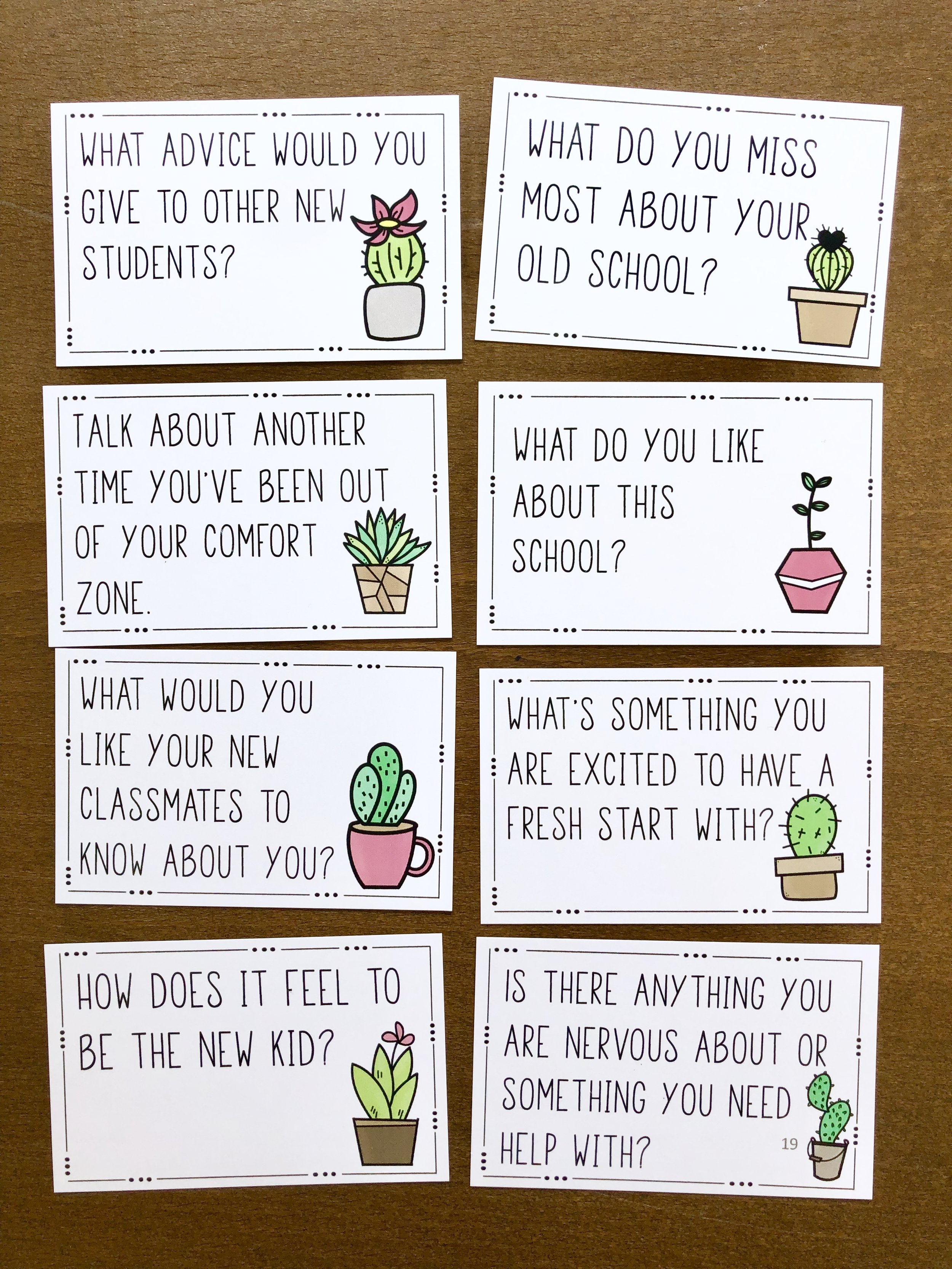
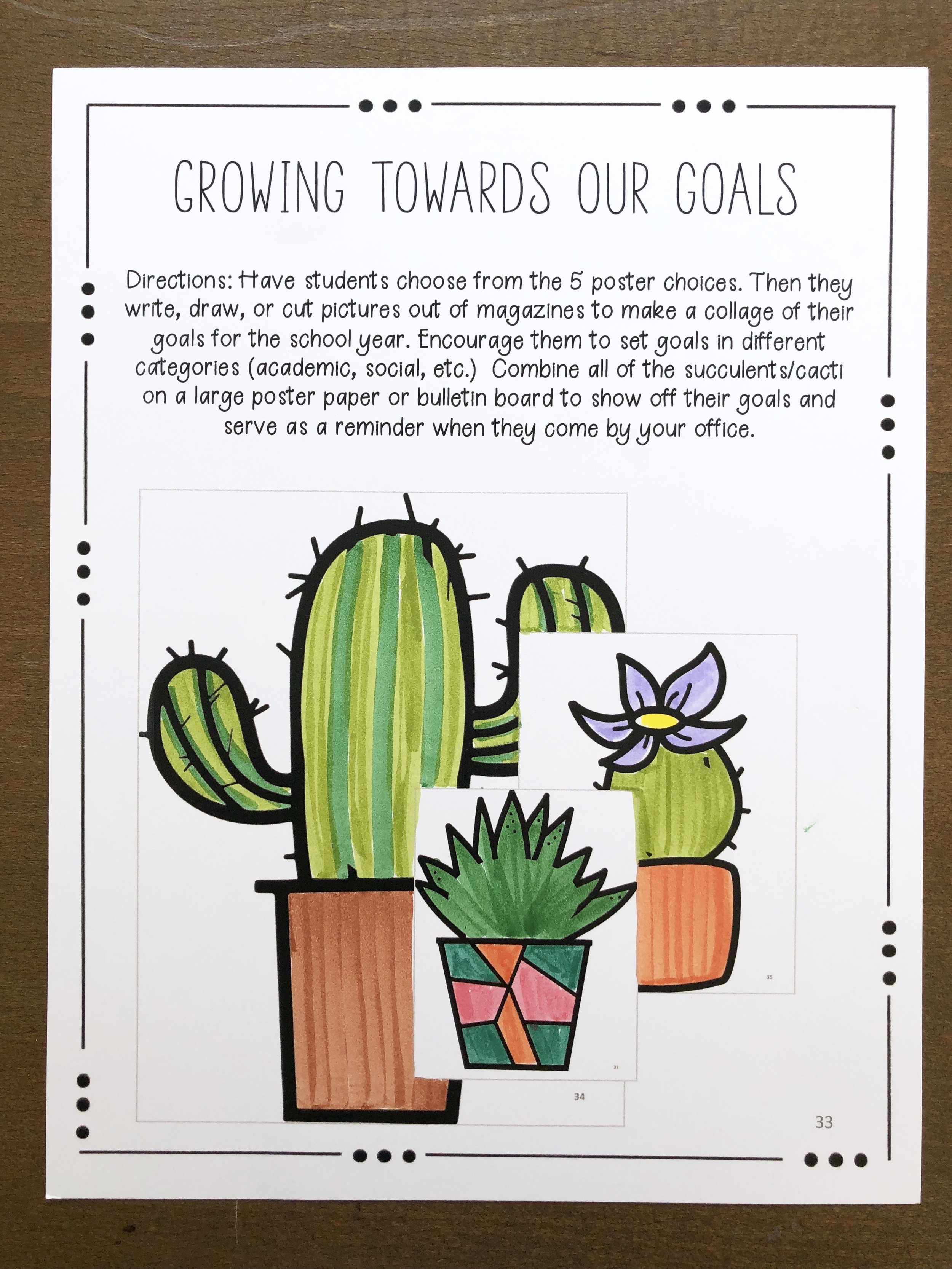
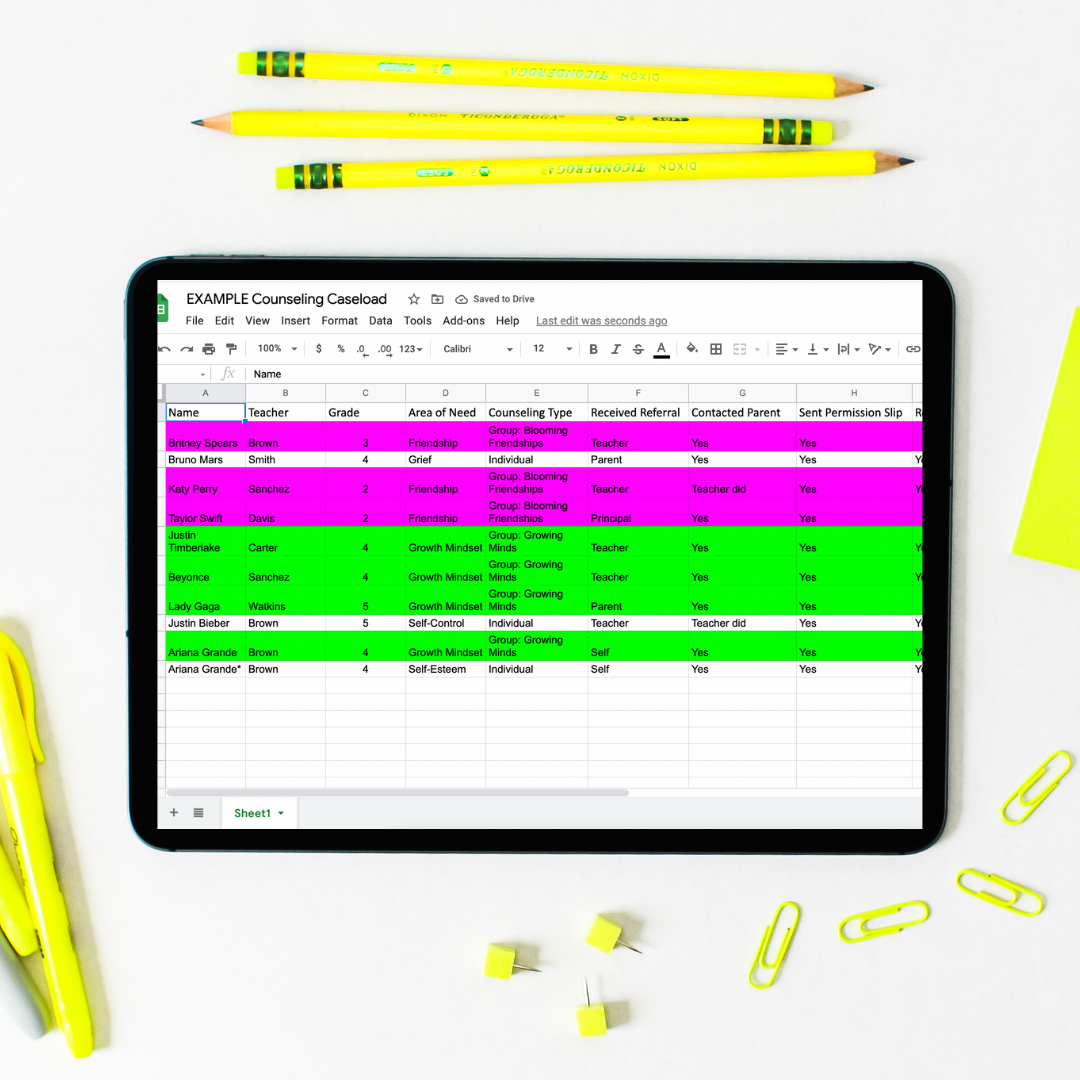
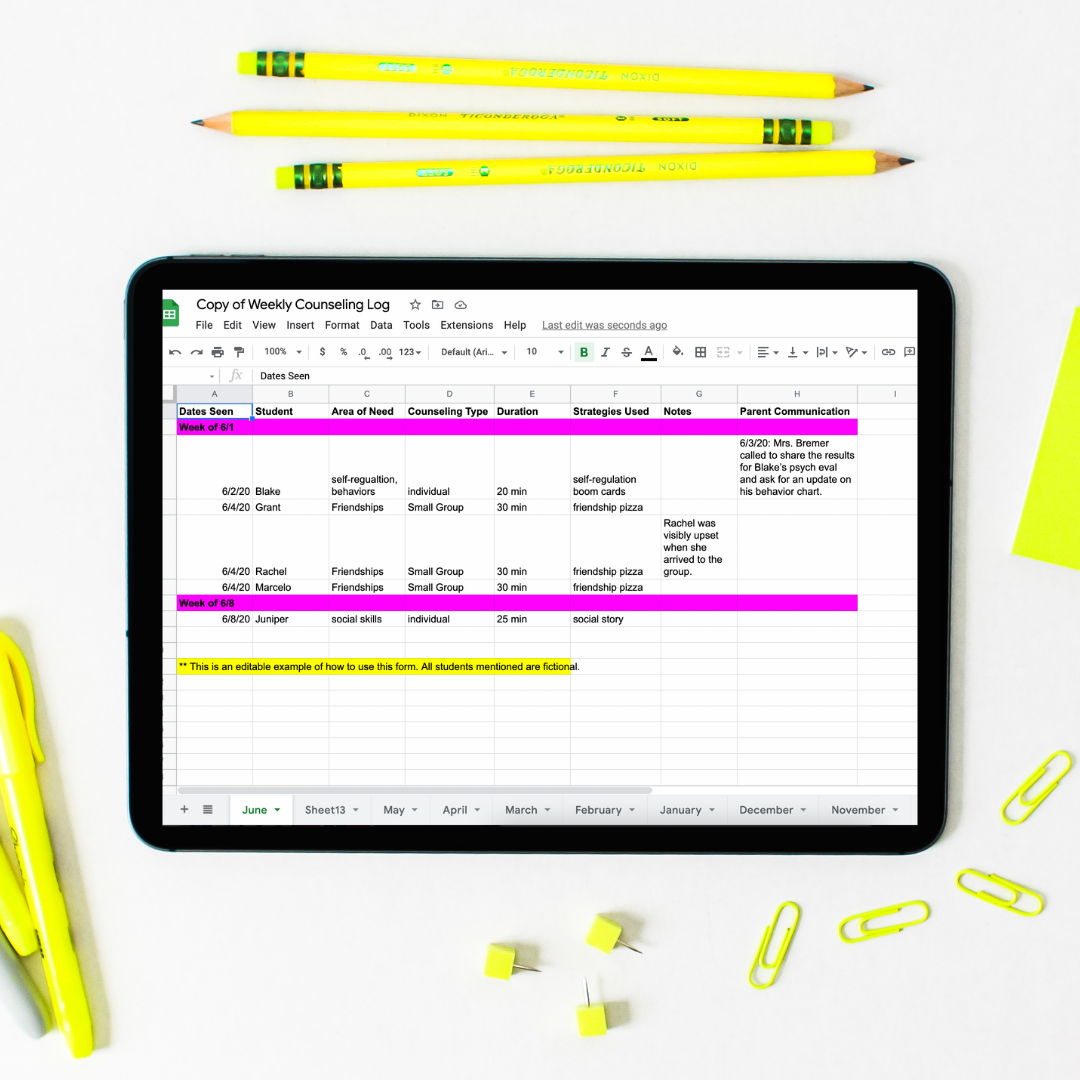

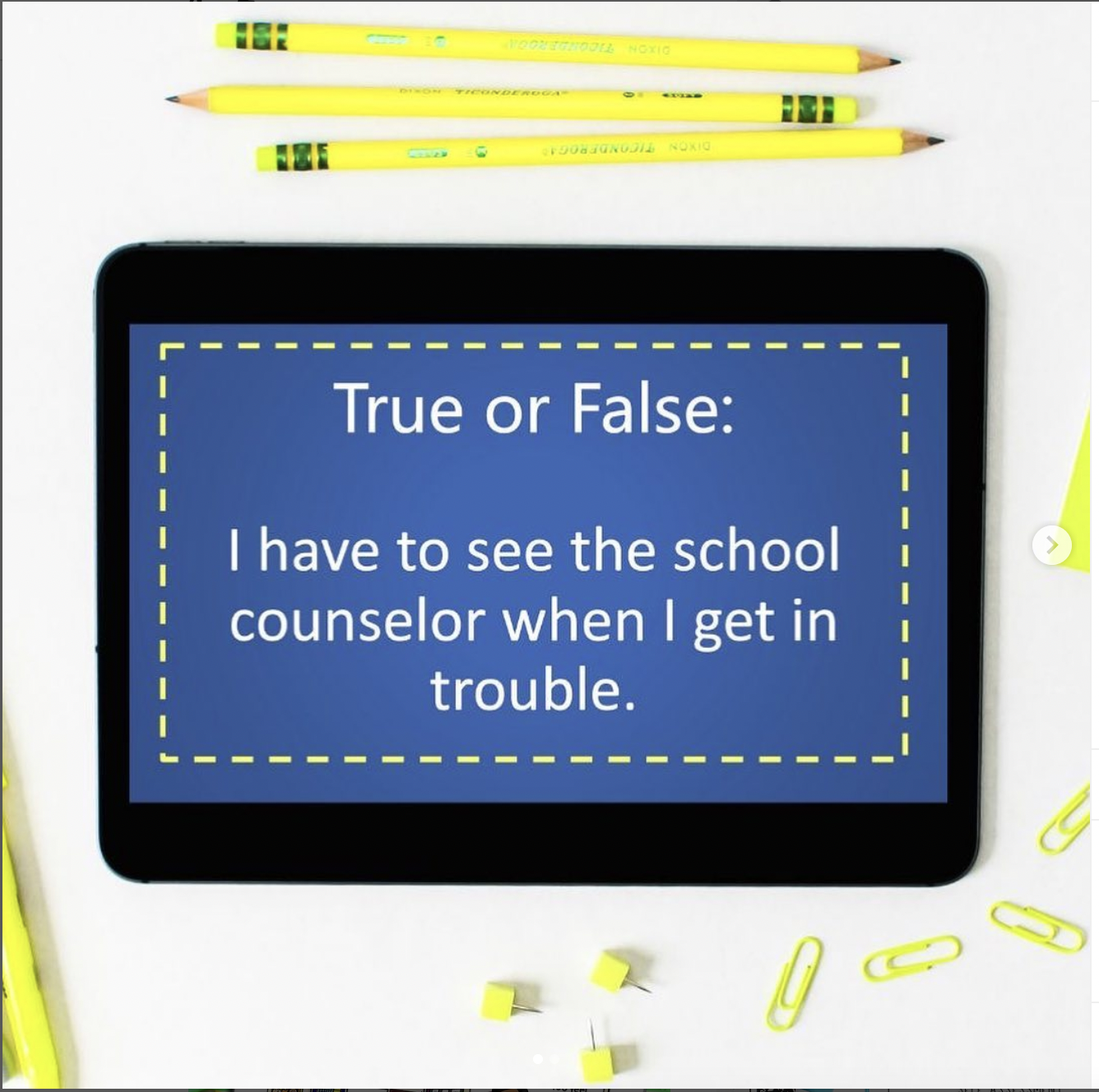
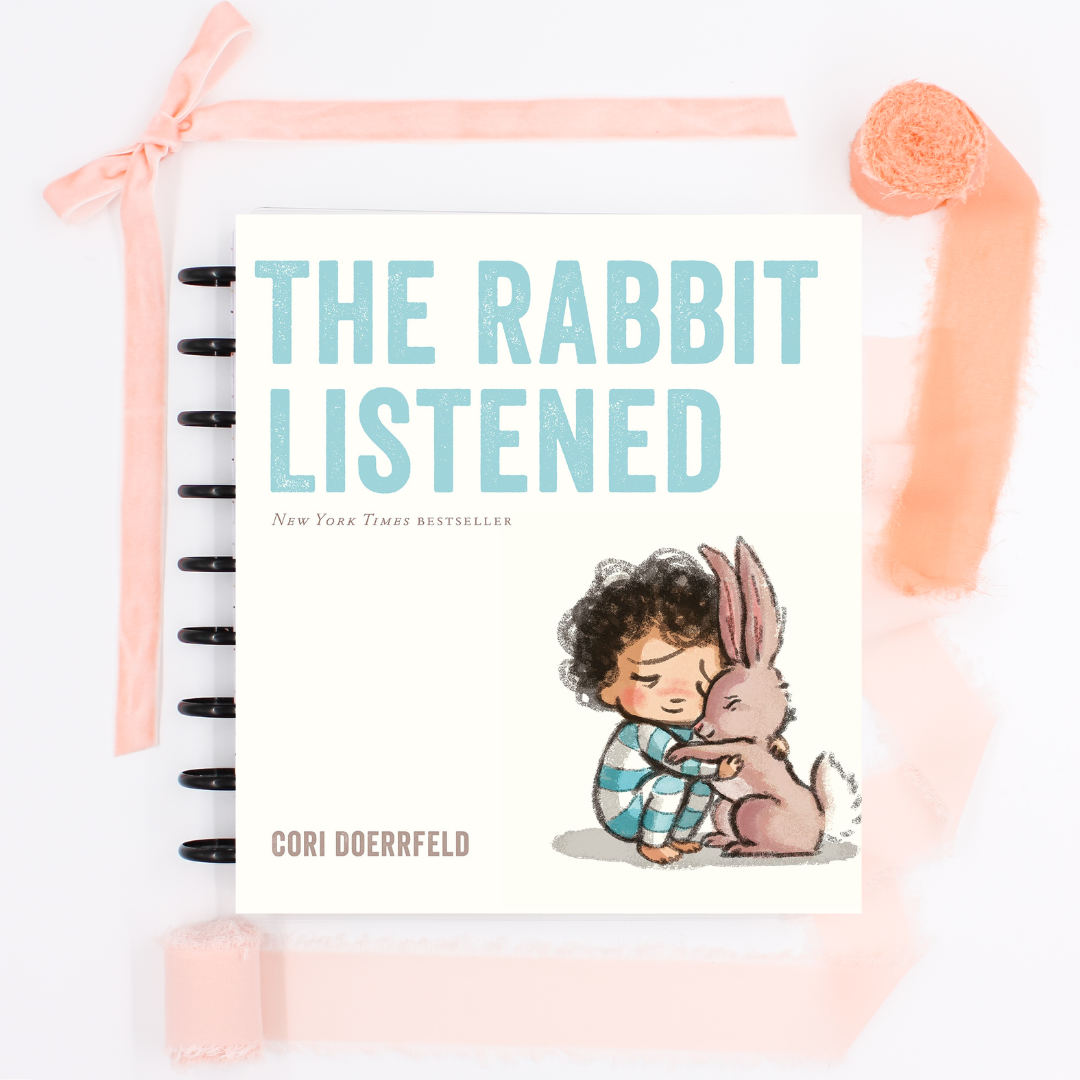
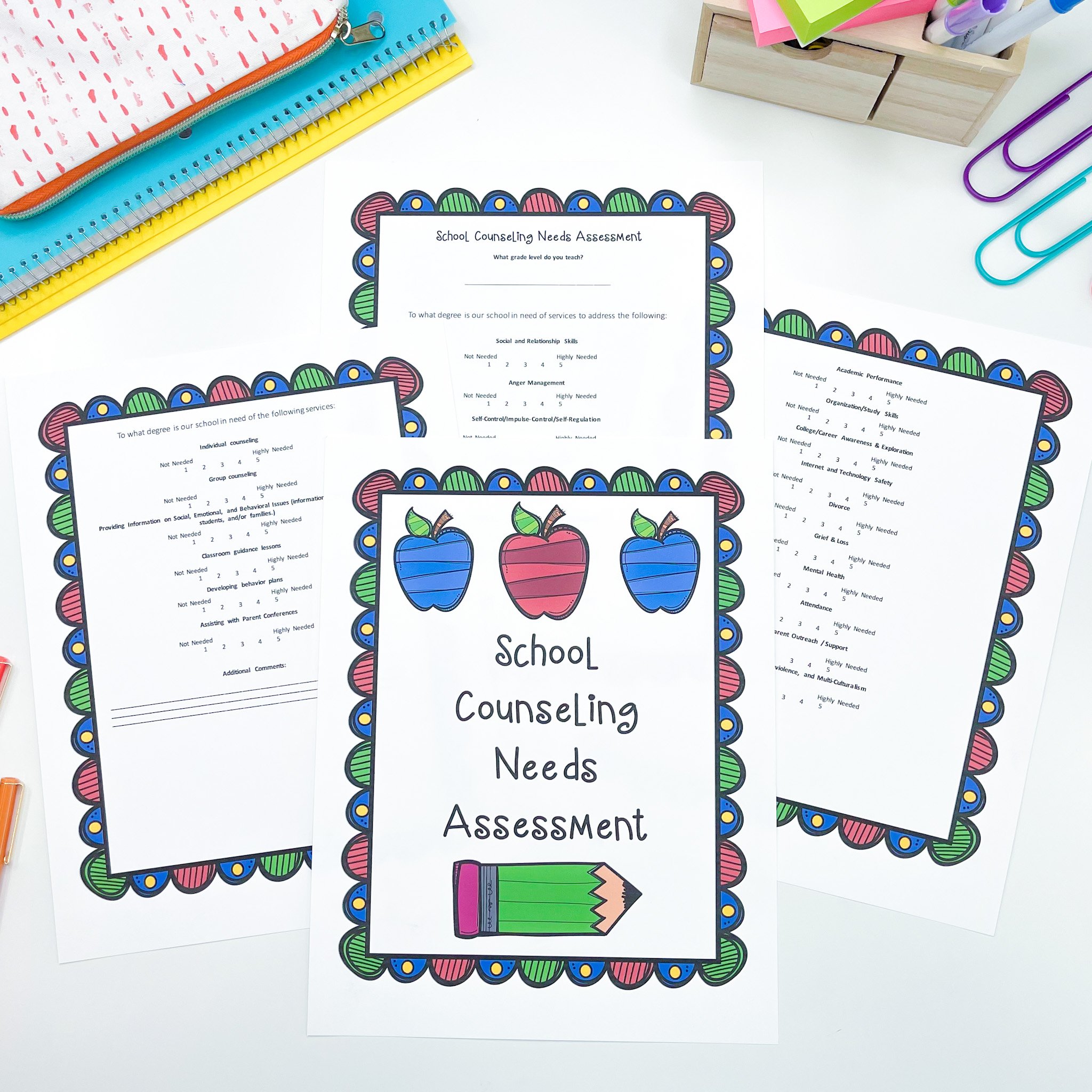
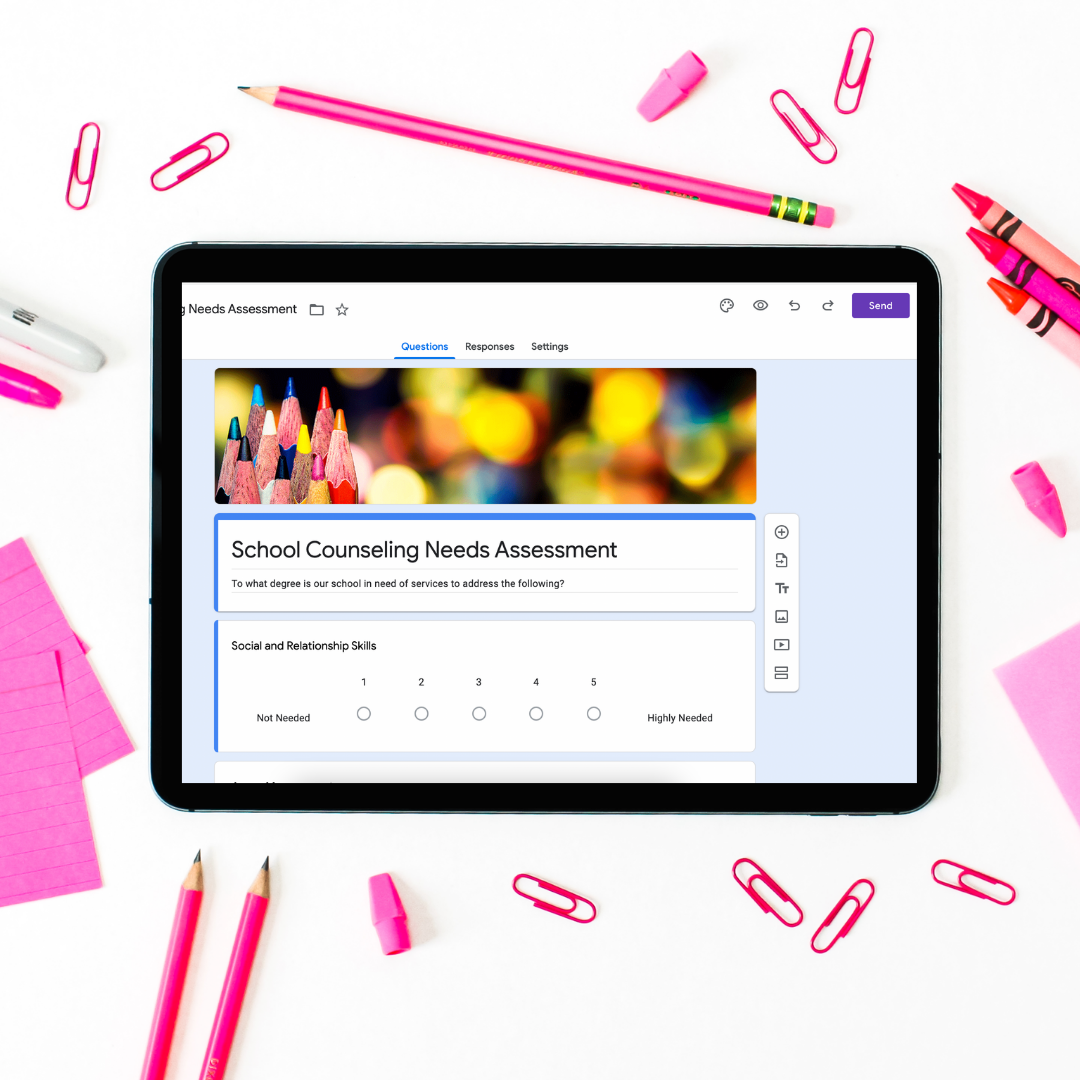
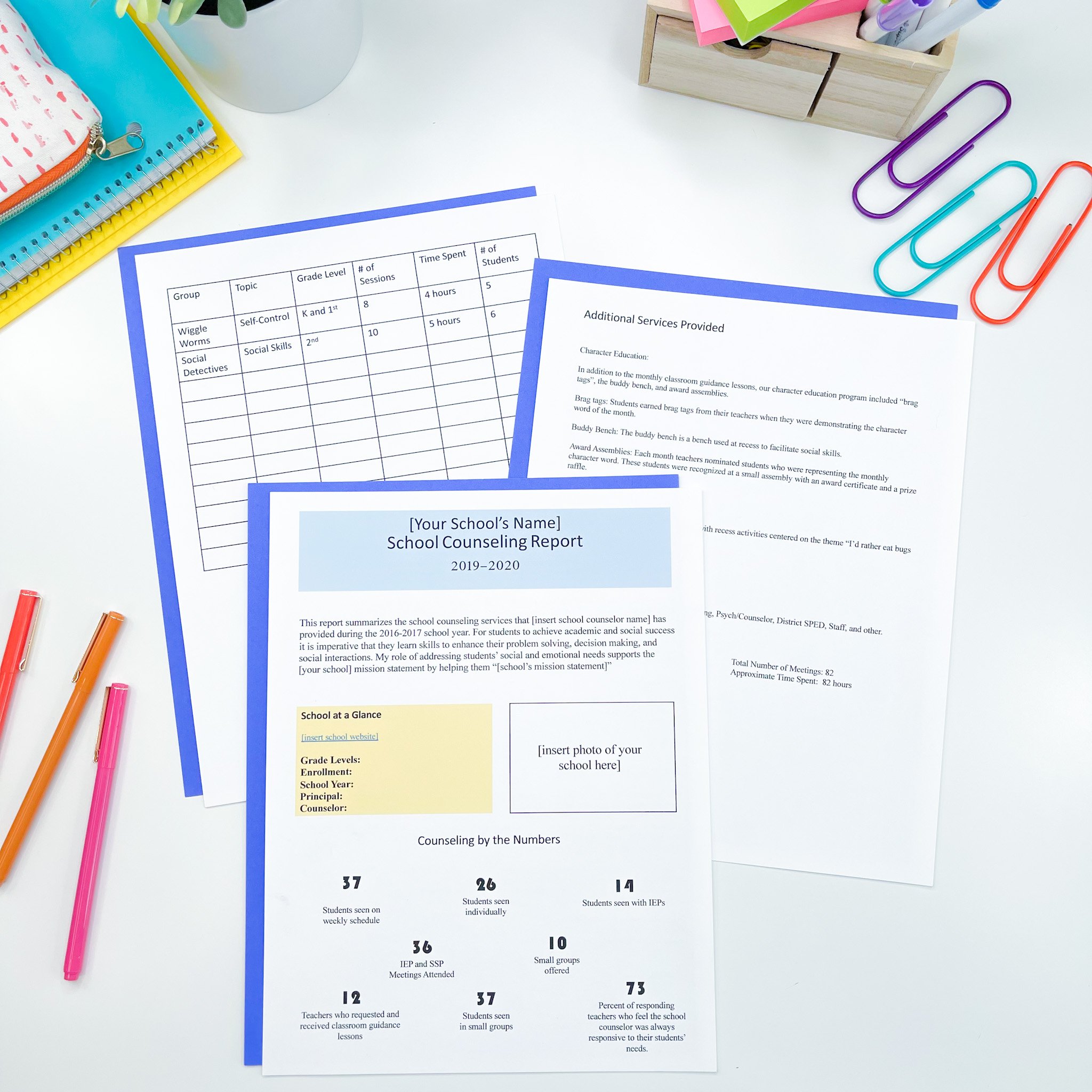
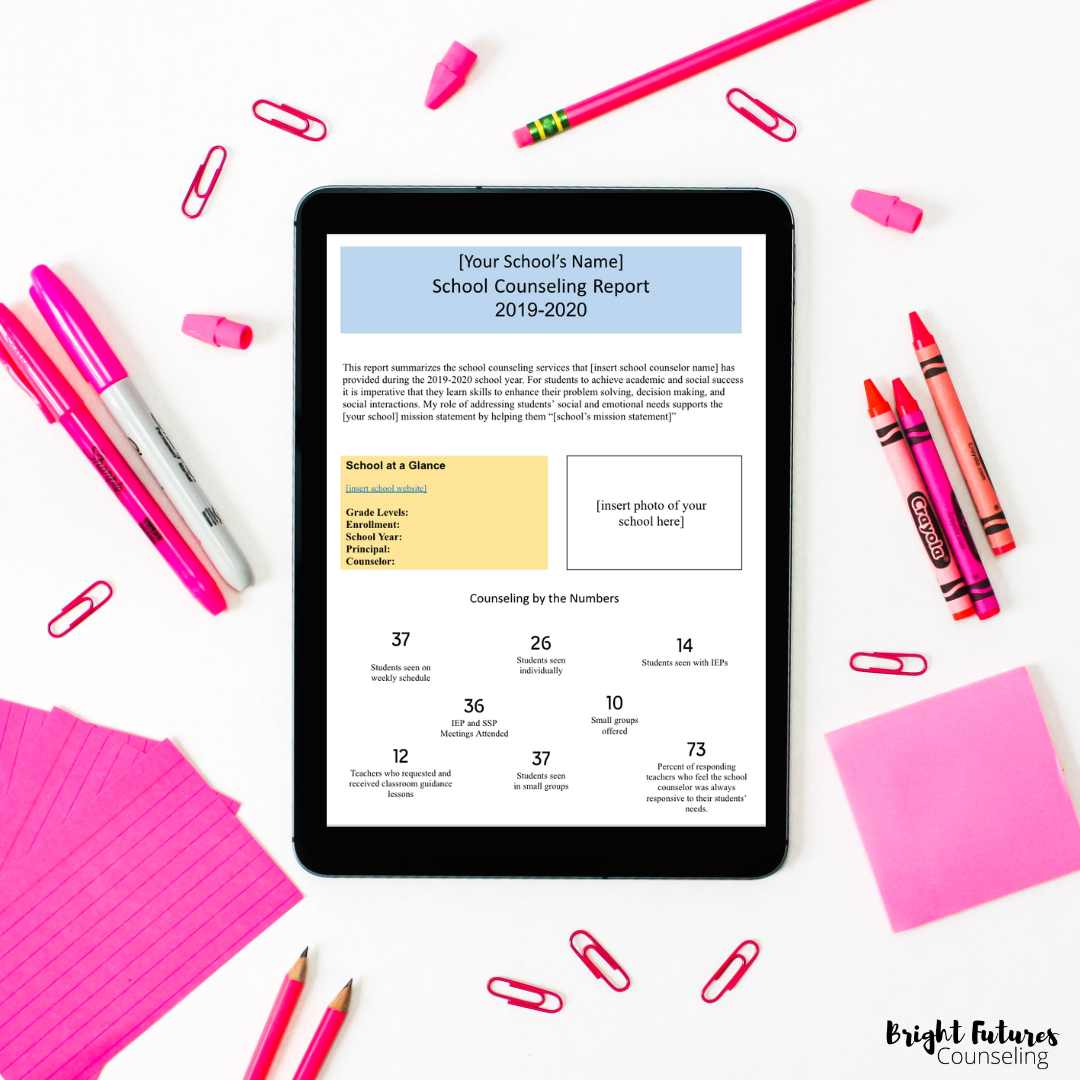


Leave a Reply